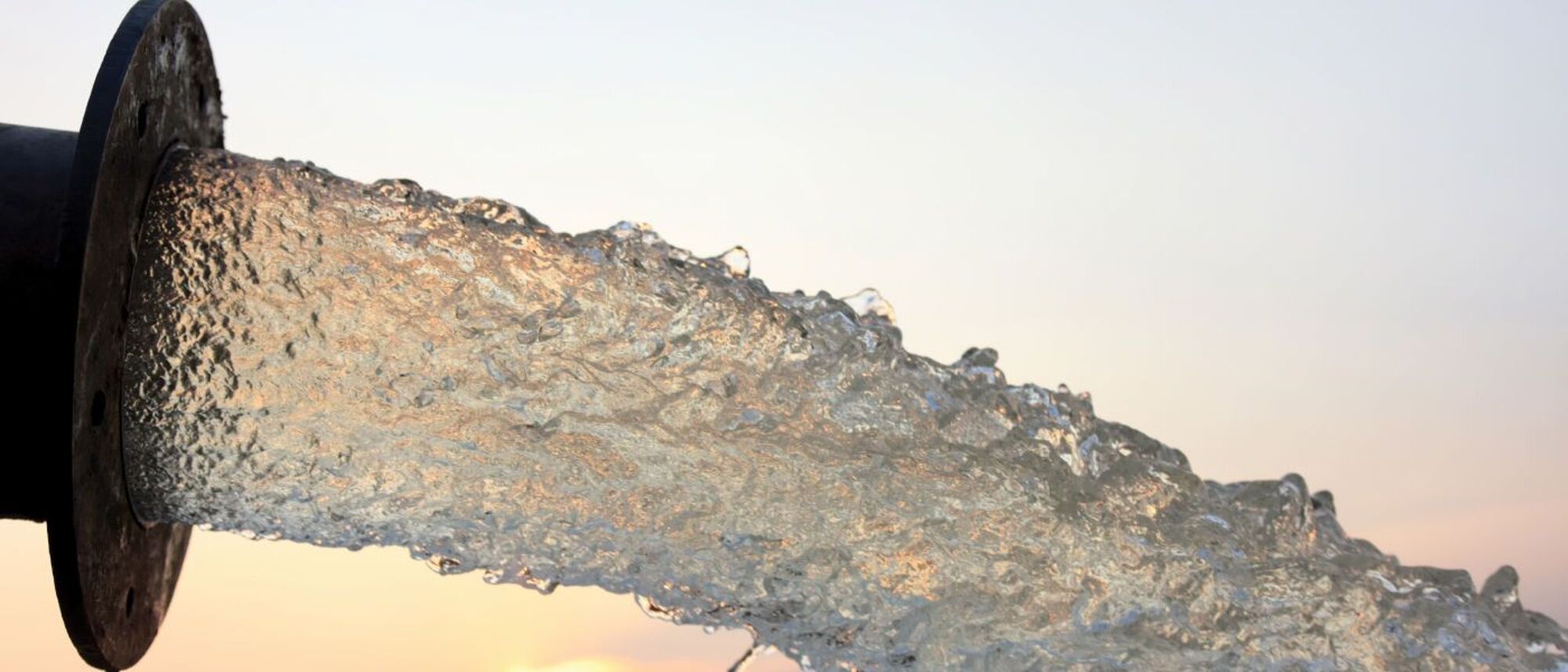
Liquid gold: engineering sustainable water for all
Most of us take for granted our ability to turn on a tap and fill a glass with safe, pure drinking water. But for more than a third of the world’s population, this is seldom or never an option.
Our researchers know that sustainability must be at the heart of everything we do, and especially when it comes to the world’s most pressing challenges. Professor of Environmental Engineering William Sloan and his team in the Water & Environment Group, based in our James Watt School of Engineering, are working on a solution to enable those in rural communities to benefit from sustainable off-grid technologies to deliver clean water and sanitation.
The group seeks solutions to some of the world’s most pressing environmental and public health problems. "I have spent much of my career to date researching the fundamentals of engineering biology in water systems," says Professor Sloan. "A suite of emerging technologies now presents me with the opportunity of applying the knowledge I have gained in new ways that will help to deliver clean water and sanitation to rural communities. We intend to work in collaboration with global partners to develop new off-grid water technologies for remote communities from the Scottish islands to tropical rainforests."
Some 35% of the world’s population, most of whom live in rural communities, lack access to either safe drinking water or improved sanitation. Professor Sloan and his team will harness the bioprocessing power of microorganisms, where microbes consume the pollutants in water and break them down into less harmful products, to deliver clean drinking water and treat wastewater in rural communities using low-energy, sustainable, off-grid technologies. Working together with Scottish Water, these communities include the islands of Barra, Jura and Arran, and rural communities in Thailand, Mexico and Brazil have also been identified.
Working from the £113m Advanced Research Centre, in progress as part of our campus development and due to open in the spring of 2022, will ensure Bill and his team have proximity to a range of disciplines which will help them achieve this ambitious goal. The team will be working with biomedical engineers who have developed low-cost point-of-use sensors to monitor the biology and chemistry of distributed off-grid water biotechnologies. "These are technologies that do not rely on extensive pipe networks," explains Professor Sloan, "where microorganisms clean water with almost no energy demand."
As well as the engineering side, Bill’s team will also collaborate with social and political scientists through demonstrators and workshops to explore responsible and acceptable solutions. "We will consult communities on the technology development," says Professor Sloan. "We have two teams of social scientists, one which focuses on the community drivers and one on policy barriers to changing water infrastructure."
Our new Advanced Research Centre will make this easy, by allowing researchers of diverse disciplines to work closely together.
The processes that are routinely used to treat drinking water are effective in removing toxins and bacteria, but they use a lot of energy, chemicals and expensive infrastructure. The team, working with Scottish Water, have pioneered an advanced household-scale biofiltration system which delivers drinking water at one third of the energy cost by enhancing the cleaning activity of microbes using household waste heat.
Solutions that work in western, developed countries are not always transferable to developing countries, as they are often too energy- and capital-intensive to be workable there. But the work of Bill and his team aims to ensure that tailored solutions will be made available to bring clean water and sanitation to all.

We align our research with the United Nations' Sustainable Development Goals – 17 objectives adopted by all UN member states in 2015 as part of a 15-year plan of ambitious action. They are a blueprint for all countries to end poverty and bring peace and prosperity to the planet.

